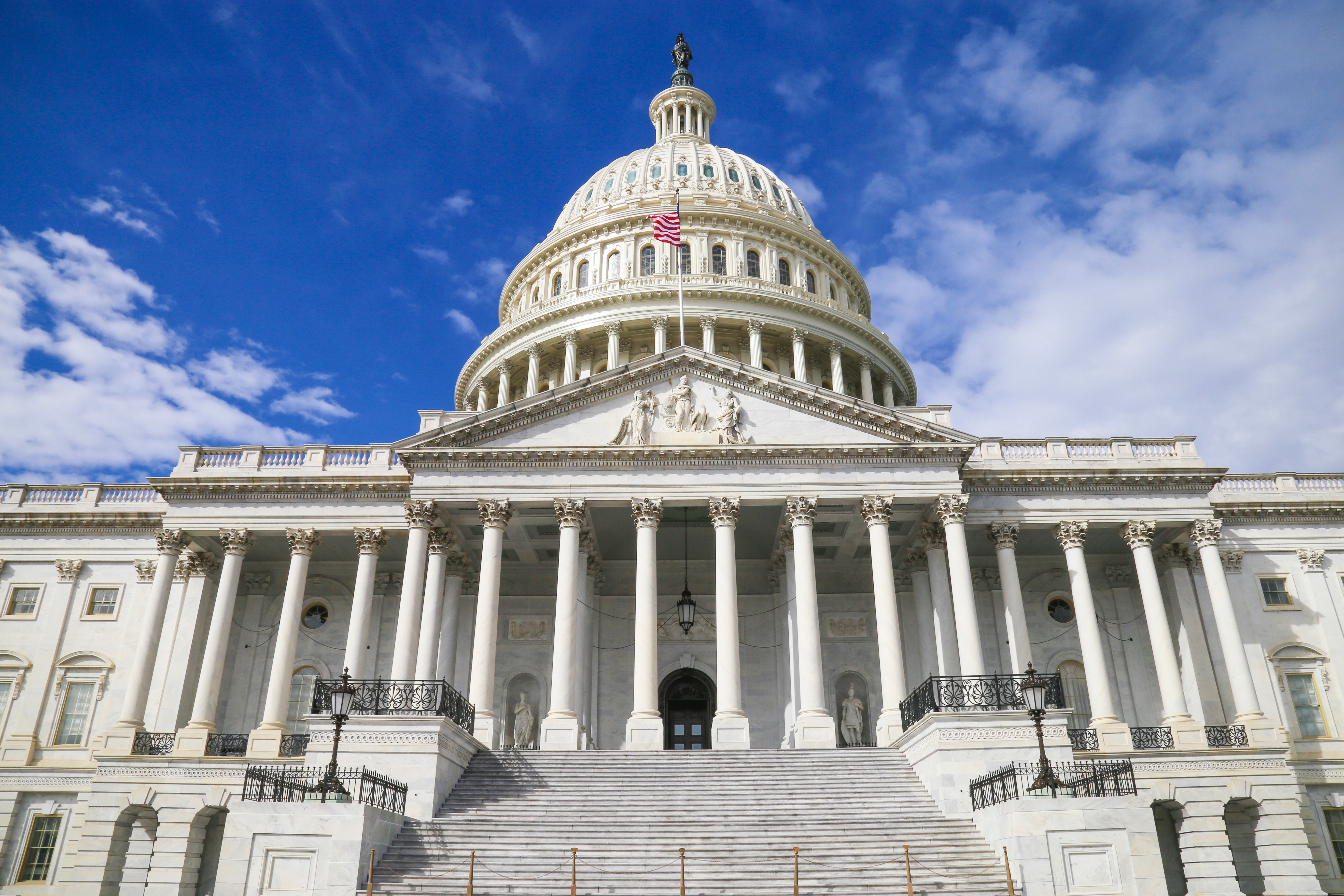House and Senate lawmakers have agreed on authorizing the administration’s entire $1.757 billion budget request for the GPS program with the exception of a $10 million trim to the GPS III Follow-On (GPS IIIF) program.
The House Appropriations Committee echoed that approach, fully funding the program except for shaving $10 million from GPS IIIF development monies. The Senate’s defense appropriators have yet to complete their work.
The emerging consensus is supported by a new, two-year budget deal reached this week by White House and congressional negotiators. They agreed to both raise the debt limit so the government could continue borrowing and the spending caps put in place some years ago by the 2011 Budget Control Act (BCA)—thereby avoiding the sort of fiscal squeeze that hamstrung Pentagon programs several years ago. The plan must be approved by Congress, however, and opposition has already emerged among fiscal conservatives.
Most of the roughly $1.75 billion GPS budget request would go towards the new IIIF satellite program, the new ground system, and user equipment development.
Related Reading: FY20 Budget Request Focuses on GPS IIIF, Boosts Money for User Equipment
As noted the House and Senate authorizing committees approved $414.63 million for procuring the GPS IIIF satellites but disagreed on development funds for the program. The House shaved $10 million off the $462.88 million request citing “unjustified growth” in their budget document. This will have to be worked out in conference.
The House appropriators did something similar, noting that the request was “excess to need” in their draft report to accompany the funding legislation.
The House and Senate authorizers also agreed on $445.30 million for the development of the Next Generation Operational Control System (OCX) and the affiliated GPS Enterprise Integrator. The OCX program has had a rocky development history but so far appears to be back on track. There is an additional $429,000 authorized for spares and repair parts for the existing ground system.
Finally, assuming the Senate appropriators follow suit, there will be $31.47 million for GPS III procurement and another $42.44 million for GPS III development. Importantly congressional authorizers and the House appropriators agreed on the request for $329.95 million for user equipment.
The budget deal that enables these spending levels is predicated on congressional approval. Without lawmakers agreeing to the measure the sharp cuts mandated by the BCA will take effect and the GPS budget, as well as pretty much every other spending blueprint, will have to be tossed.
The two-year deal eases the pressure, but budget hawks are critical of the agreement, which adds $300 billion in federal spending without offsetting cuts. The Heritage Foundation released a statement by Paul Winfree, the director of the foundation’s Roe Institute for Economic Policy Studies, saying removing the budget caps—yet again—effectively kills the BCA.
“In a rare moment of fiscal discipline, Congress’ passage of the Budget Control Act in 2011 placed caps on discretionary spending. Since its passage, Congress has routinely violated the spending caps with no regard for the consequences. This latest deal effectively renders the BCA dead,” Winfree wrote. “On top of the new spending, the deal suspends the debt limit for the next two years, piling on as much as $2 trillion more in debt. Hitting the debt limit ought to be a wake-up call for lawmakers to confront our nation’s unsustainable spending. Instead, many in Washington will celebrate the increased spending from BCA’s demise. But anyone concerned about the nation’s fiscal health should be alarmed.”
A letter gathering signatures on Capitol Hill urges President Donald Trump to veto legislation implementing the deal, saying passage would indulge the U.S.’s “national spending addiction,” according to Politico.
“You should veto this bill because it is fiscally irresponsible,” the lawmakers wrote, according to a draft obtained by Politico. “It blows well beyond what was intended with the 2011 caps. Furthermore, it continues spending hundreds of billions more than what we take in a year and does not put our nation on a path towards a balanced budget.”






